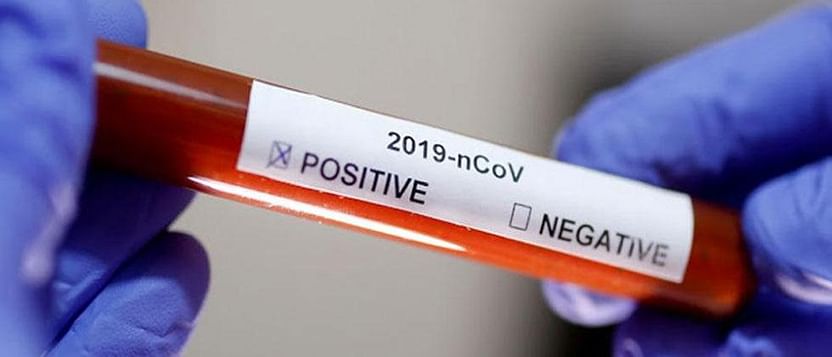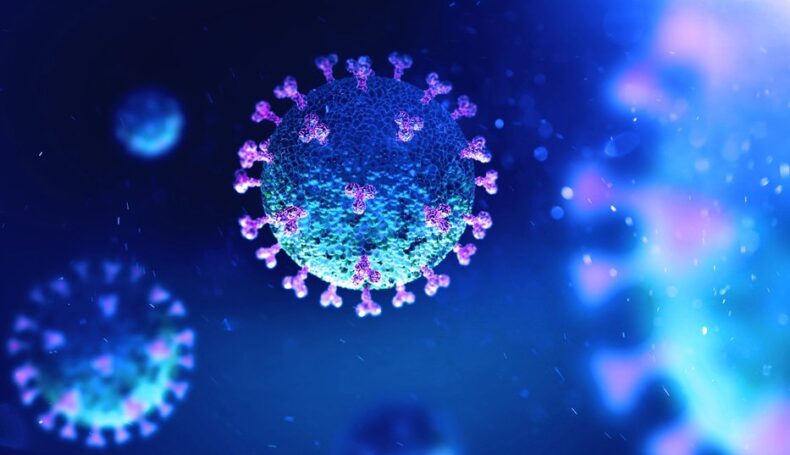India achieved a remarkable milestone on July 10, 2024, with a record low of 24 new COVID-19 cases, marking the lowest daily count since January 2020. Additionally, the health ministry reported zero deaths due to COVID-19 on the same day.

According to the health ministry website, India’s national COVID-19 recovery rate now stands at 98.81 percent. The active caseload in the country has significantly decreased to 364, down from its peak of 30.4 million in May 2021.
Several factors have contributed to the decline in COVID-19 cases in India. These include the extensive vaccination campaign, the development of natural immunity among the population, and the seasonal decrease in respiratory infections.
To curb the spread of the virus, the government has implemented various measures, such as mask mandates and social distancing guidelines.
While the decline in cases is a positive development, health experts caution that the virus persists within the community. People need to remain cautious and continue taking necessary precautions.
Dr. Soumya Swaminathan, the chief scientist at the World Health Organization, emphasized the need for vigilance, stating, “The decline in cases is encouraging, but we should not let our guard down. The virus is still circulating, and there is a risk of new variants emerging.”

Despite the decrease in cases, the government remains committed to closely monitoring the situation and taking proactive measures to prevent any resurgence of the virus. Health Minister Dr. Harsh Vardhan affirmed that all necessary steps will be taken to ensure the prevention of further spread.
The decline in COVID-19 cases in India represents a significant milestone in the country’s battle against the pandemic. It underscores the success of the government’s vaccination campaign and the resilience demonstrated by the Indian people.
However, it is crucial to remember that the virus still poses a threat, and individuals must continue to adhere to safety guidelines. By following these guidelines and getting vaccinated, we can collectively contribute to the safety of ourselves and our loved ones.
Projections for COVID-19 cases in India indicate that the decline is expected to persist in the coming months. According to the World Health Organization, India may witness an average of 10,000 new cases per day by the end of 2024. It is important to note that these projections are subject to various factors, including the effectiveness of the vaccination campaign, the emergence of new variants, and public behavior.

India faced significant challenges during the early stages of the pandemic, making it one of the worst-affected countries. These problems can be caused by:
Large population: With a population of over 1.4 billion people, India’s size made it challenging to contain the spread of the virus effectively. Dense population: India has a high population density, with an average of 411 people per square kilometer. This increased the vulnerability to person-to-person transmission.
Healthcare infrastructure: India’s healthcare infrastructure faced limitations compared to other countries, making it difficult to treat COVID-19 patients and prevent the virus’s spread.
Despite these challenges, India has made significant progress in its fight against COVID-19. The successful vaccination campaign, combined with other governmental measures, has led to a substantial decline in the number of cases in recent months.
In conclusion, the decline in COVID-19 cases in India is an encouraging development. It reflects the success of the government’s vaccination campaign and the resilience demonstrated by the Indian population.
Nevertheless, it is crucial to remain cautious as the virus continues to exist. By adhering to safety guidelines and getting vaccinated, we can contribute to the well-being of ourselves and our loved ones.













